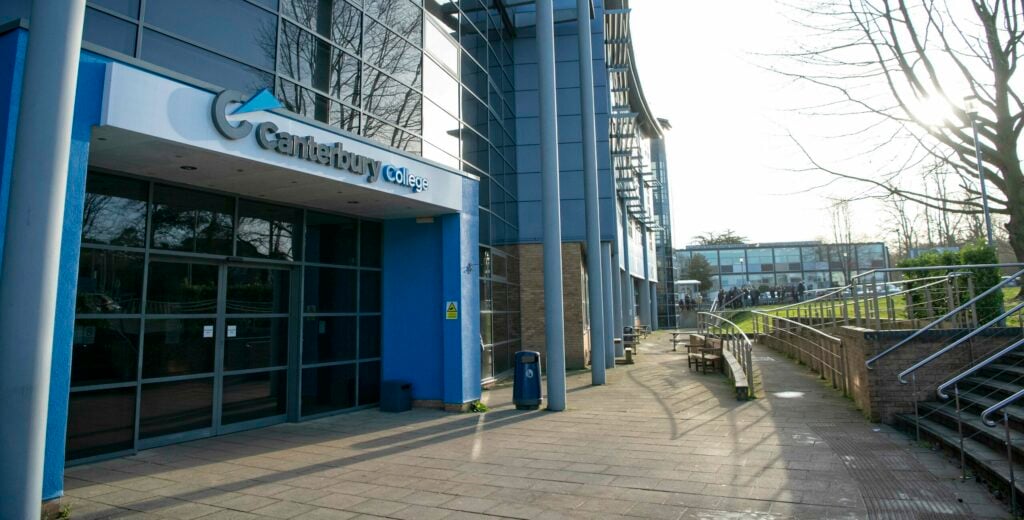Mathematics is one of the most popular subjects studied at A Level and enables you to develop your understanding of topics already seen at GCSE, at the same time as introducing you to new areas.
Mathematics A Level is highly relevant as preparation for a number of degree courses and employment areas. It supports many other subjects at A Level including Physics, Biology and Chemistry. It is also useful for Geography and Psychology. Higher level mathematics qualifications are very well recognised by employers and universities and there is evidence to suggest that having a higher-level mathematics qualification may boost your future earning potential.
The department runs a targeted programme of support sessions to help students make the transition from GCSE to A Level study. There are also drop-in support sessions through the year and a programme of revision sessions to help students prepare for the final exams.
